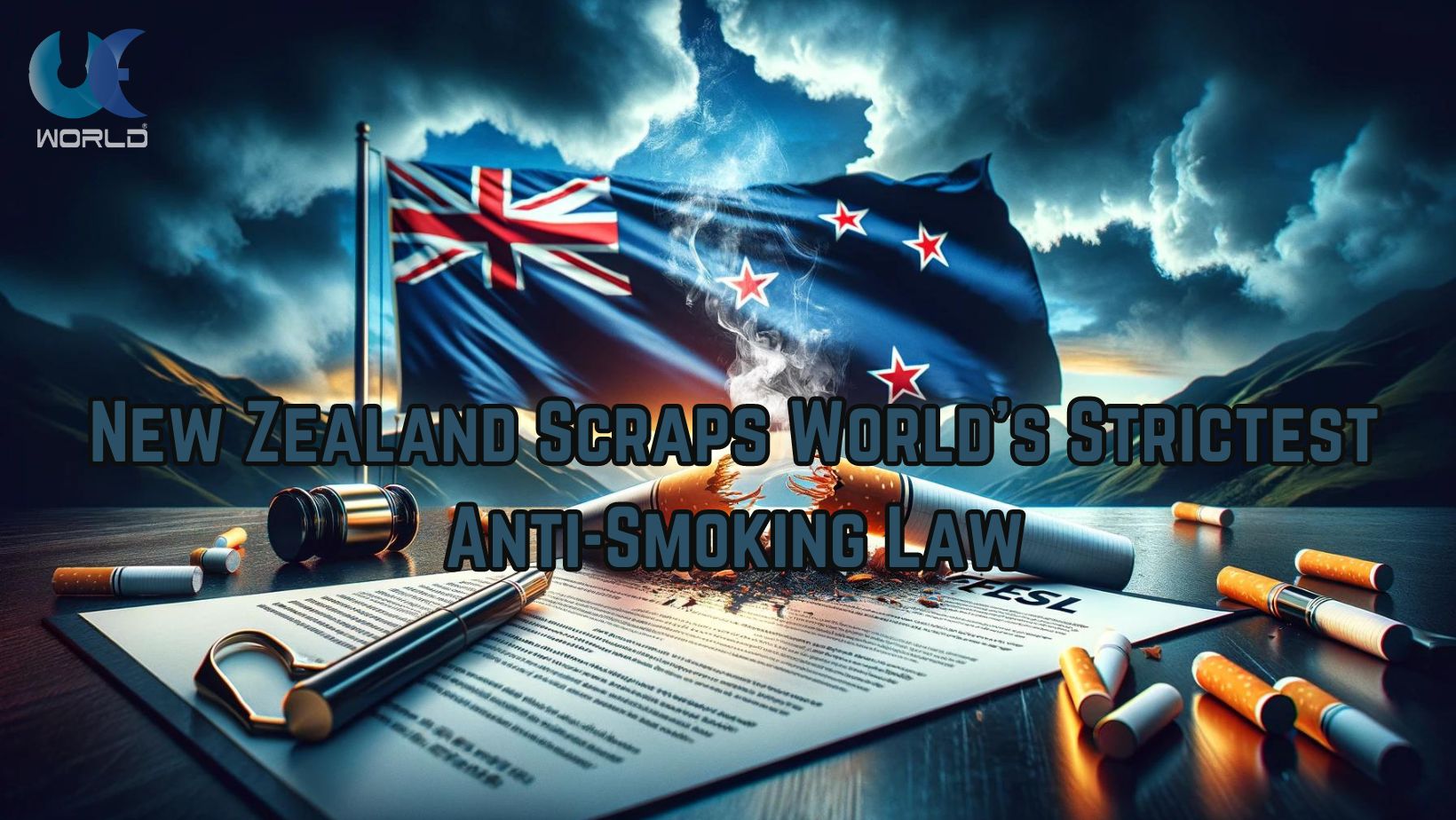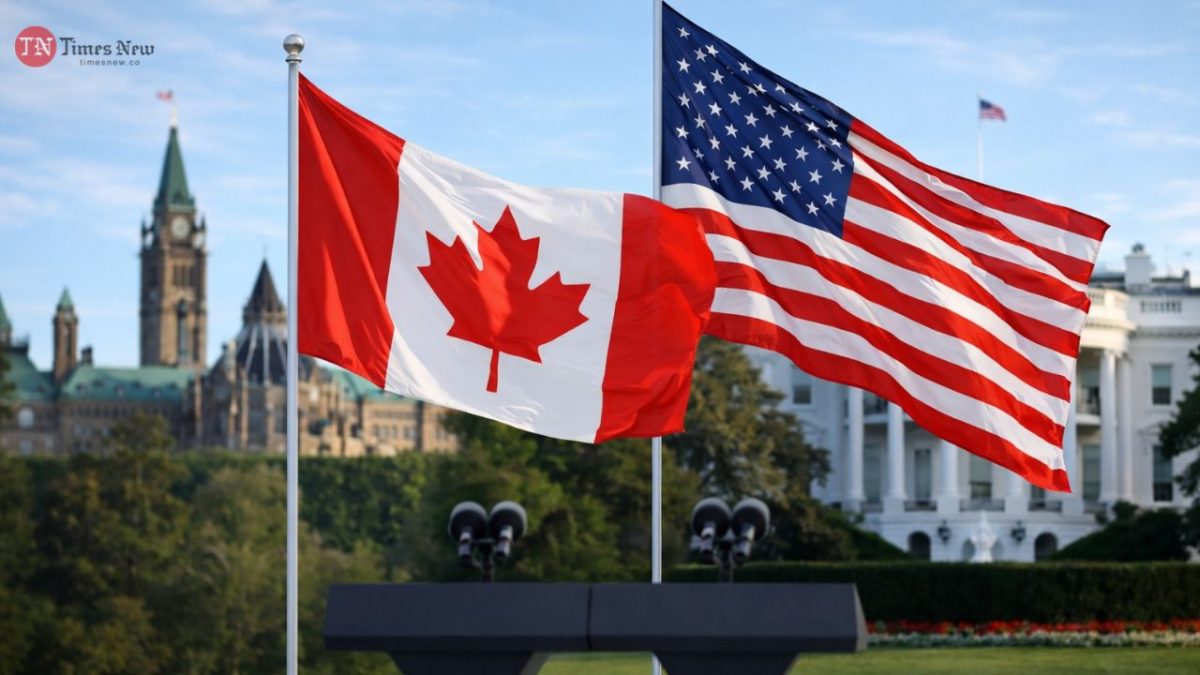
New Zealand’s government has announced plans to repeal a pioneering law that would have imposed the world’s strictest anti-tobacco regulations. The law, which was set to take effect in July, aimed to prohibit tobacco sales to individuals born after January 1, 2009, significantly reduce the nicotine content in smoked tobacco products, and slash the number of tobacco retailers by over 90%. The repeal, confirmed by the newly elected coalition government, is scheduled for Tuesday and will proceed urgently without public consultation, deviating from the country’s initial aggressive stance against tobacco consumption.
Associate Health Minister Casey Costello expressed the coalition’s commitment to reducing smoking rates but indicated a shift in strategy towards alternative regulatory measures to discourage smoking and mitigate its health impacts. Costello highlighted upcoming efforts to enhance smoking cessation tools and impose stricter regulations on vaping, particularly to deter youth from picking up the habit. This move represents a significant policy shift from the previous government’s approach, which had been hailed as a global benchmark in anti-tobacco legislation.
The government’s decision to repeal the law has faced strong opposition from health researchers and campaigners, who warn of detrimental effects on public health, especially among Maori and Pasifika communities, which have higher smoking rates. Critics, including Otago University researcher Janet Hoek, argue that the repeal disregards substantial evidence supporting the law’s potential to significantly boost quitting rates and prevent young people from starting to smoke. The reversal is seen as a step back in addressing health disparities and ignoring the advice and support of Maori leaders for the original legislation.
Pic Courtesy: google/ images are subject to copyright









